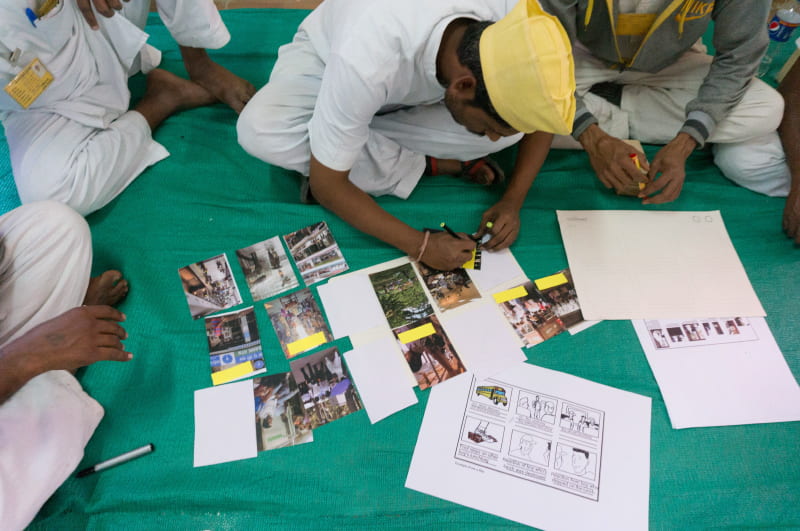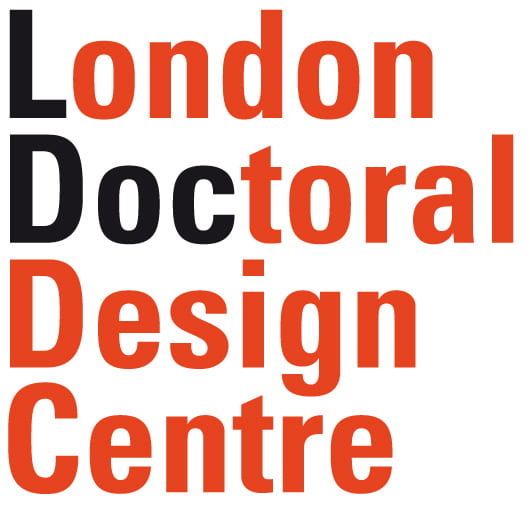
‘What can participatory design contribute to participatory democracy: A response to the call to Stand Up for Democracy‘, presented by Professor Lorraine Gamman and Professor Adam Thorpe.
We would like to welcome you to our 10th Keynote lecture, lead by Professor Lorraine Gamman and Professor Adam Thorpe, followed by a drinks reception at UAL.
“We are in difficult and dangerous times. For many years, we lived in a world that, despite its problems, was nevertheless committed to principles of democracy in which human rights, fundamental freedoms, and opportunities for personal development, were increasing. Today, this picture has changed profoundly. There are attacks on democracy in several countries – including those where democracy had seemed to be unshakable. Faced by these developments, we believe the design community should take a stand, speak out, and act: practitioners, researchers, theorists, students, journalists, publishers and curators – all who are professionally involved in design-related activities.”
Ezio Manzini and Victor Margolin, 2016
See open letter http://www.desisnetwork.org/2017/04/11/democracy-and-design-what-do-you-think/
This presentation will discuss the potential contribution of participatory design to democracy in local government and criminal justice, presenting our work with the Public Collaboration Lab and the Makeright Design Academy at Central Saint Martins, University of the Arts London, as case studies. Our presentation will explain why we feel there is a need for designers to use their daily work as a site of praxis that can impact on political arenas. Participatory and collaborative design approaches have potential to both democratise innovation but also to innovate democracy – finding new ways to involve diverse people in decision making processes.
This paper responds to the call by Ezio Manzini and Victor Margolin (2017) to argue that there is a need for designers to use their skills of future thinking, visualisation and materialisation to open up the political space by making room for new visions and political contestations. Drawing on the work of Chantal Mouffe who has argued that democracy is a space where agonism is welcomed and can be seen and heard, we suggest that design can help engage with those currently poorly represented in political debate and so help assemble new publics and foster new futures.
Please arrive at 5.45pm for a 6pm start.
There will also be an afternoon workshop session for LDoc students, please contact ldoc@rca.ac.uk if you would like to attend.
